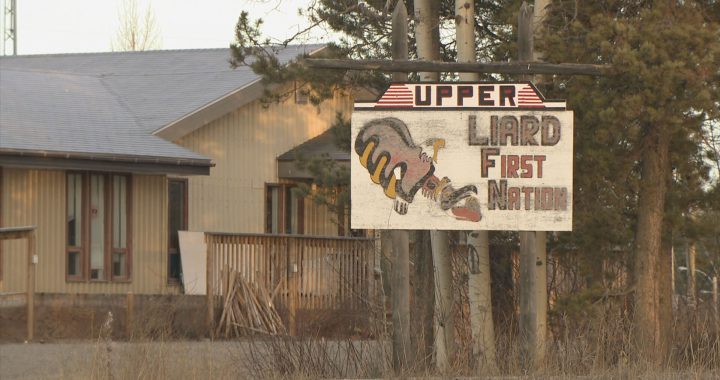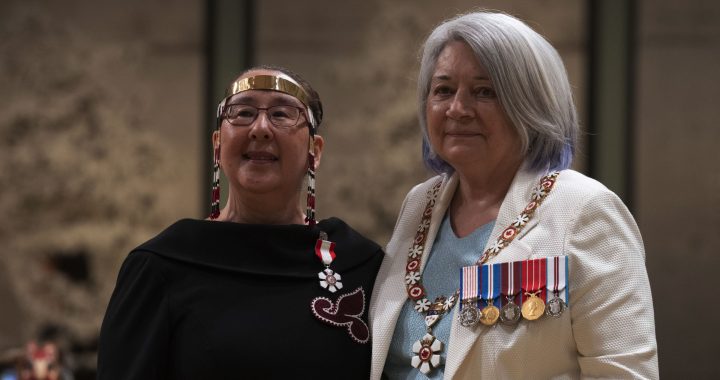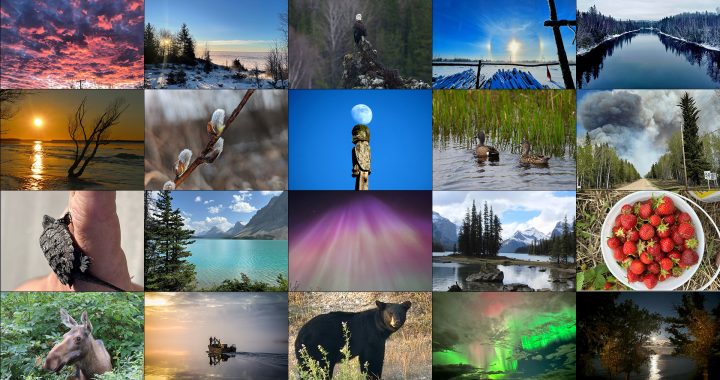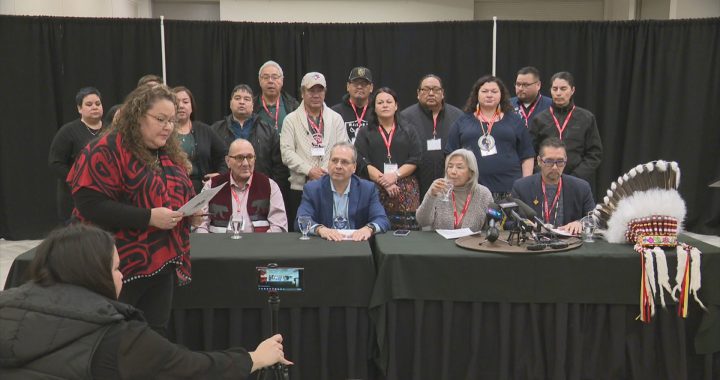When spring hits, both birds and federal politicians migrate to the Arctic.
That’s why Northern Affairs Minister Dan Vandal was in Iqaluit to pitch the NDP-backed Liberal budget.
The federal budget contains many items of interest for Nunavummiut, including the mining sector, which can be controversial in Nunavut.
The Nunavut Impact Review Board will be making their recommendation about the proposed Mary River iron ore mine expansion in May.
That mine was closed by protestors for more than a week in February 2021.
The budget contains $1.5 billion for mining “critical materials.”
Nunavummiut aren’t uniformly opposed to the mining sector –a sector worth $1.3 billion annually- but are looking for a balance between protecting the land and driving the mining machine. Vandal says he understands that balance.
“That’s the whole purpose of the critical mineral strategic plan,” explains Vandal who was in Iqaluit on April 12. “It is something that is going to be led by natural resources, there’s going to be lots of consultations with residents of the territory, people on the ground, the industry of course.”
You could easily claim that housing is the first, second and third most important issue facing Nunavut.
Every other problem gets multiplied by overcrowded housing.
The budget contains $60 million over two years for Nunavut, dedicated to housing.
The Nunavut Housing Corporation says that $1 billion is needed to just catch up with current demand. Vandal says the $60 million is just a start. Consider it seed money.
“Sixty million over two years is a down payment from Northern Affairs to the territorial government so that the territory can use that money –there are very few conditions – in the best way possible, to lever other money, whether it’s private or other public money, to get housing constructed in Nunavut,” says Vandal.
“Out of all my travels –both real and virtual – over the last two years, housing is the issue that comes up in Nunavut.”
There is also $845 million over seven years in the budget for Inuit Housing. That covers much more than Nunavut but looks somewhat like the stable long-term funding that Northern groups constantly hope for.
“I think it is significant, I think it will make a difference, but there’s still a lot to do, we acknowledge that,” explains Vandal. “That isn’t the only pot of money that the federal government has… we understand the [housing] gap is large and has many impediments, like the short construction season.”
Trips to Nunavut
Cabinet ministers like the Ottawa to Iqaluit trip, in part because Ottawa is the travel hub for Baffin Island.
It also means Nunavummiut get to hear southern English speakers try to get their tongues around Inuktitut pronunciation of words.
Qikiqtani, Kivalliq and Kitikmeot are the names of Nunavut’s three regions. People unfamiliar with Inuktitut pronounce the first sound like “kick”, it is supposed to sound like “key”. Vandal’s pronunciation has improved since his last visit a year ago, he uses the “key” sound.
“I’ve worked on it a little bit, but not a lot. I tend to learn by listening, same thing with French,” explained Vandal. “If I hear it often enough, my own language gets better.”
On a Nunavut visit, former Canadian Chief of Defense Staff General Walt Natynchuk once quipped that a Russian attack in the Arctic would end up being a “rescue mission.”
Recent world events have the territories looking across the Arctic Ocean at Russia again. Included in the budget is $252 million over five years for Arctic defense.
Historically, military operations have brought much-needed infrastructure to Nunavut, but they also have a terrible environmental record.
American military waste from the 1950s still turns up in Iqaluit. How do you balance security for the country with security for the environment?
“People are a lot more aware, concerned, about Northern defense capabilities, the modernization of NORAD. There’s opportunity for infrastructure. Airplane infrastructure, marine infrastructure.
“There are opportunities to try and serve a couple of purposes with that investment,” says the Northern Affairs minister.
“Offering jobs to people who live in the territory; that has to be front and centre.”










